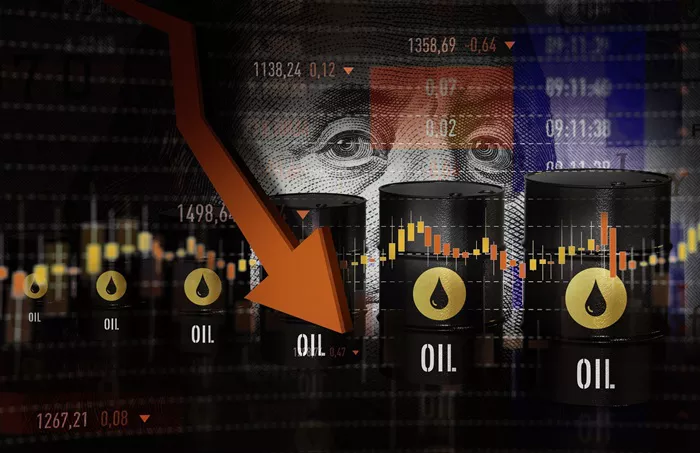Despite a sluggish economy and a seasonal downturn in industrial activities, China’s imports of metals and power plant fuels showed resilience in July, although crude oil demand exhibited further signs of weakness.
Customs data released on Wednesday revealed that imports of iron ore, copper, coal, and natural gas continued to exceed last year’s figures during the first seven months of 2024. Conversely, oil and agricultural product imports lagged behind.
In July, iron ore imports surged past 100 million tons, even as stockpiles grew and steel prices remained depressed, indicating an oversaturated market. Steel exports, which are crucial for compensating the reduced demand from China’s contracting real estate sector, declined by 10% from the previous month amid increasing trade tensions.
China’s imports of unwrought copper remained stable from the previous month, aided by a dip in global prices. However, imports of copper concentrate fell to their lowest level in a year due to a tightening global ore market.
Crude Oil Decline
Crude oil imports experienced a nearly 9% decrease from the previous month, totaling just over 42 million tons. Refineries reduced their purchases in response to decreased run rates and poor profit margins. The outlook for improvement remains bleak, with weak consumer confidence, a downturn in the property sector, and the growing use of electric and gas-powered vehicles continuing to dampen traditional fuel demand.
Coal imports reached over 46 million tons, marking the highest monthly volume of the year. Natural gas imports also increased as utilities replenished supplies to meet the summer surge in air-conditioning needs. Projections suggest that coal imports could hit a record 500 million tons this year, driven by favorable margins.
Among agricultural products, soybean imports fell below 10 million tons for the first time in three months, while imports of edible oils saw a modest increase due to falling prices attracting buyers.
Economic Indicators
China’s import growth, which marked the highest increase in three months, contrasts with the slowing pace of export growth, presenting a mixed economic picture as the third quarter begins.
In related developments, the world’s first small modular nuclear reactor for commercial use is nearing completion on the Chinese holiday island of Hainan. The Adani Group plans to boost its solar panel production by 150% by 2026 to support India’s carbon-neutral goals and reduce reliance on Chinese suppliers.
The US government’s energy-tracking agency has joined the growing concern over declining oil demand next year, attributed to China’s economic slowdown, which could impact global markets.
Additionally, the US is preparing to intensify its technological competition with China, focusing on the rapidly evolving sectors of autonomous and connected vehicles.


